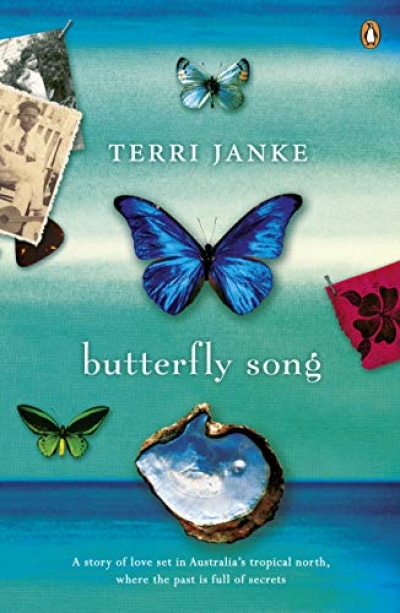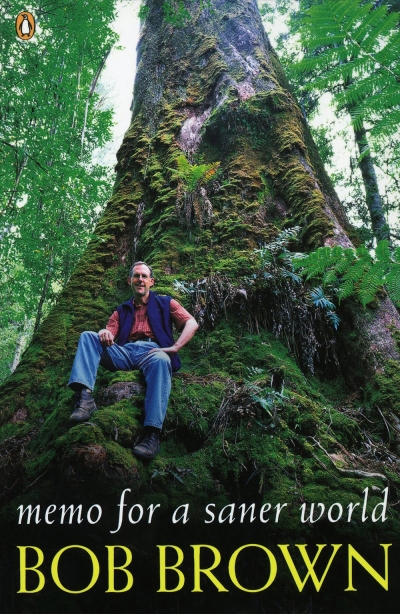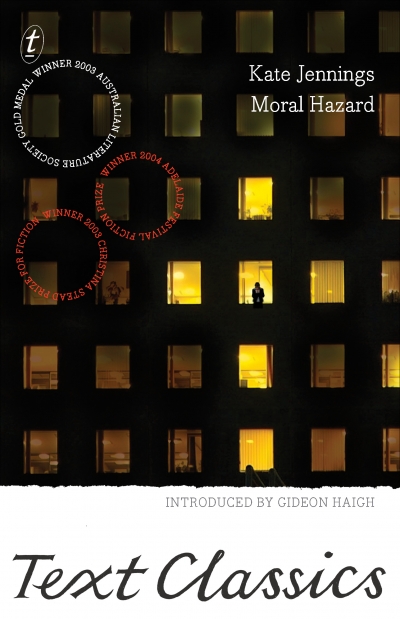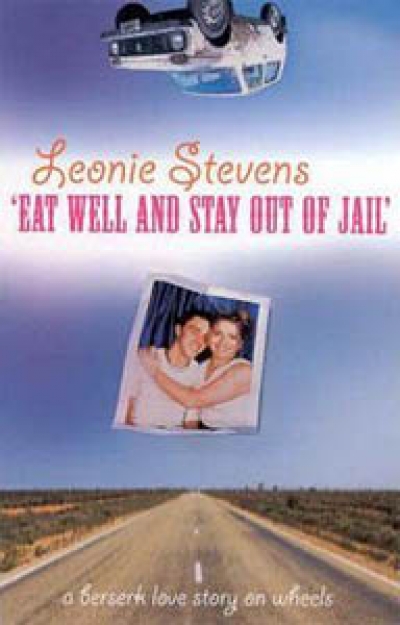Not since Henry Parkes has New South Wales had such a literary-minded premier as Bob Carr. Parkes published his own poems and wrote two earnest volumes of autobiography. Carr, so far, has tried his hand at a novel, a memoir and a diary, as well as writing lots of occasional pieces. Carr, like Parkes, was a journalist before becoming a professional politician. Parkes, too, dragged himself from humble beginnings to a position where he could use official letterhead to arrange meetings with those he admired. Carr has sought out writers such as Norman Mailer and Gore Vidal to autograph his copies of their books and to join him at dinner. Once established, Parkes’s main aim was to stay in power. It was his only source of income, so his manipulation of factions, policies and the electorate all focused on that end. Graham Freudenberg has said of Carr: ‘Labor politics is central to Bob’s identity … if you took the politics away from Bob there would be nothing much left.’ But unlike Carr, Parkes did not have the option of moving to federal politics (he died before 1901). After Federation, NSW politics was stripped of talent as its leaders, including Edmund Barton, William Lyne and George Reid, made the move. Reid, a long-serving and highly effective NSW premier, is one of only two state premiers ever to have succeeded in becoming prime minister, the other being Joe Lyons.
...
(read more)










